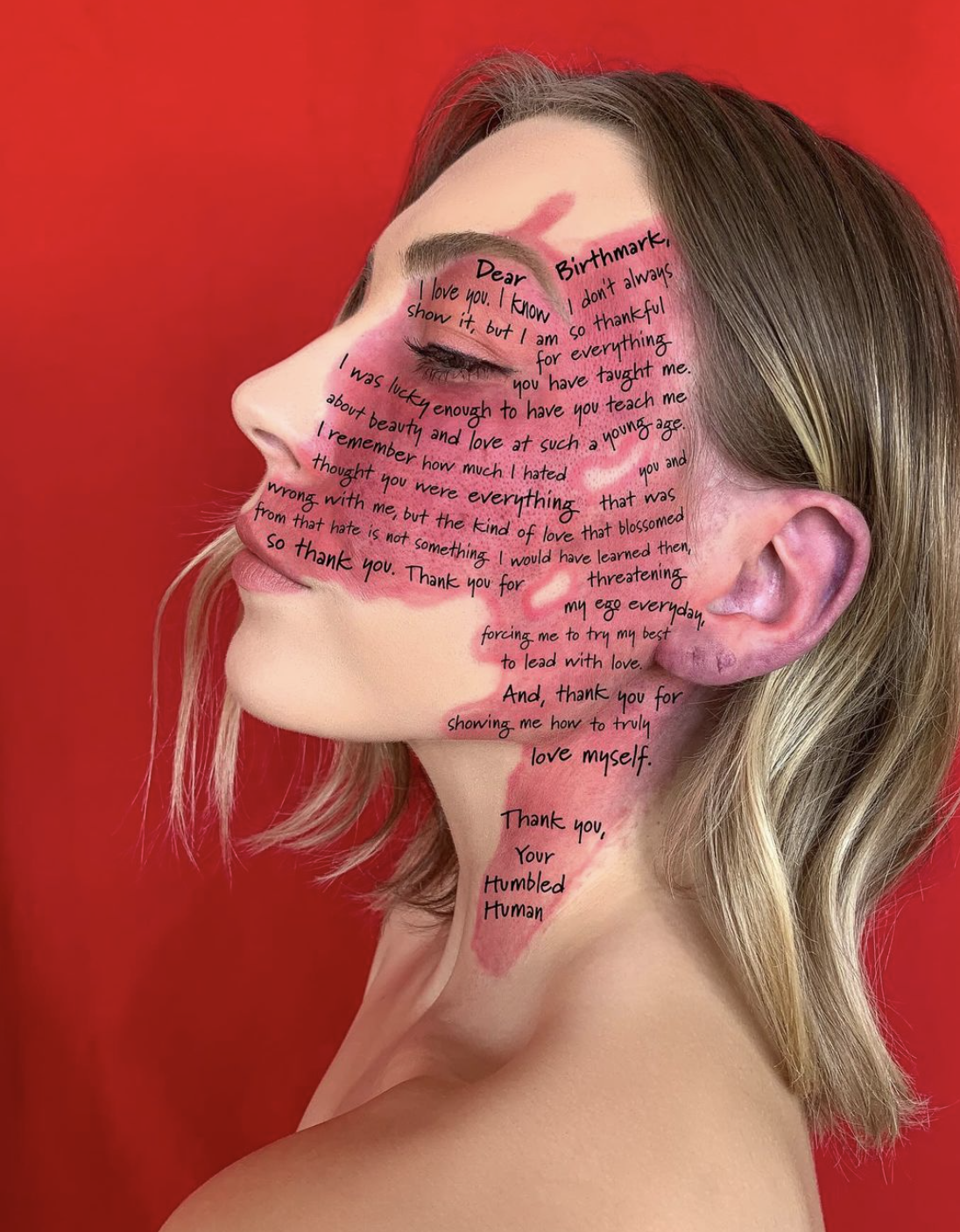Another ‘Black Mirror’ Reality: All About the Celebrity Trend of Selling Their Likeness for AI Entertainment
An interesting new trend appears to be taking over the internet. Recent reports have indicated that tech companies like Meta — the parent company behind Instagram and Facebook — have been paying notable celebrities undisclosed sums of money to use their likenesses in AI chatbots.
Meta explained in September 2023 that they were “launching 28 more AIs in beta, with unique interests and personalities. Some are played by cultural icons and influencers, including Snoop Dogg, Tom Brady, Kendall Jenner, and Naomi Osaka.”
The amount of celebrities involved with this new Meta initiative suggests that there’s been a lot of time and money put into it. The new chatbots will include fake versions of Charli D’Amelio, Chris Paul, Dwyane Wade, Izzy Adesanya, Kendall Jenner, LaurDIY, MrBeast, Naomi Osaka, Paris Hilton, Raven Ross, Roy Choi, Sam Kerr, Snoop Dogg and Tom Brady.
So then the internet was given a glimpse of Kendall Jenner’s AI chatbot persona called Billie. Although the video makes it appear as if Jenner filmed the clip herself, it was entirely generated by AI. WILD!
I’m not the first one to say that I think artificial intelligence is here to stay. And, in many ways, there’s a lot of promise that comes from AI. At the same time though, this celebrity trend also raises questions about the ethics and implications of this evolving internet world and video content.
What Kendall Jenner’s bizarre, lifelike chatbot suggests is that the narrative around privacy, identity, and authenticity in the digital realm is probably going to get more complex.
What’s right and wrong about celebrity AI chatbots
We’re at the very start of this AI-generated celebrity trend. Yet, it's already prompting a lot of questions. On one hand, these AI personas will probably enhance fan engagement and help drive interaction across Meta platforms. Which, I guess, is good for Zuckerberg and his team.
On the other hand, the ethics here are pretty questionable. The idea of replicating real individuals with AI raises questions about consent, authenticity, and the potential for misuse. I’d love to know, for example, what these celebs agreed to and how much say they have over their AI-generated selves. The undisclosed financial arrangements behind these deals lack transparency, which could further muddle the public's understanding and expectations.
It’s also prompting some uncertainty around people on the internet — because why the hell would Kendall Jenner be calling herself Billie online?
One social media user wrote: “Meta AI has reportedly paid outrageous sums of money to celebrities to turn them into characters with different names. Specifically, according to The Information, Meta would have paid up to five million dollars to one of these stars for just six hours of work. The result? Mass confusion: users don't understand why they see Kendall on their timeline claiming her name is Billie.”
AI’s influence in the beauty Landscape
So we’ve got all these celebrities being paid to sell their online personas. But then we also have all this other AI-generated content spreading across the internet.
Now you can find usually very attractive “influencers” online, gaining thousands of followers, that legitimately don’t exist.
Unsurprisingly, these virtual personalities are often portrayed as flawless and clearly outline a certain beauty standard while engaging with real individuals on platforms like Instagram. They endorse products, model for brands, and even spark social discussions, much like their human counterparts. However, the absence of a real person behind the digital facade can lead to a lack of genuine accountability. And it’s all getting a bit weird.
Celeb chatbots and AI-generated models are two sides of the same coin — video content is increasingly being used in a way that appears to deceptively make social media users believe something that isn’t real.
Is the Celeb AI trend legitimizing online fakery?
The emerging trend of celebrities licensing their images for AI chatbots is a complicated and evolving topic. Obviously, in some ways, it marks a step forward in digital innovation, but it potentially legitimizes online fakery. This trend blurs the lines between real and virtual interactions. As more AI videos emerge, it’s going to be a lot harder for normal social media users to tell what’s real from what’s not.
As we’ve mentioned before, celebrities are not technically your friends. But, when users interact with Kendall Jenner's AI persona, for instance, it's easy to forget it's not the real celebrity responding. This can be misleading, especially when the AI endorses products or shares opinions. Eek.
Furthermore, there’s quite a big risk that AI personas can be misused. It's not a far stretch to see how it could be employed to create convincing fake videos or statements, contributing to misinformation.
The thing is, it’s almost too early to tell where this new trend will go. But what’s clear is that as the celeb AI trend gathers pace, it's crucial to consider the wider implications for online authenticity and trust.






